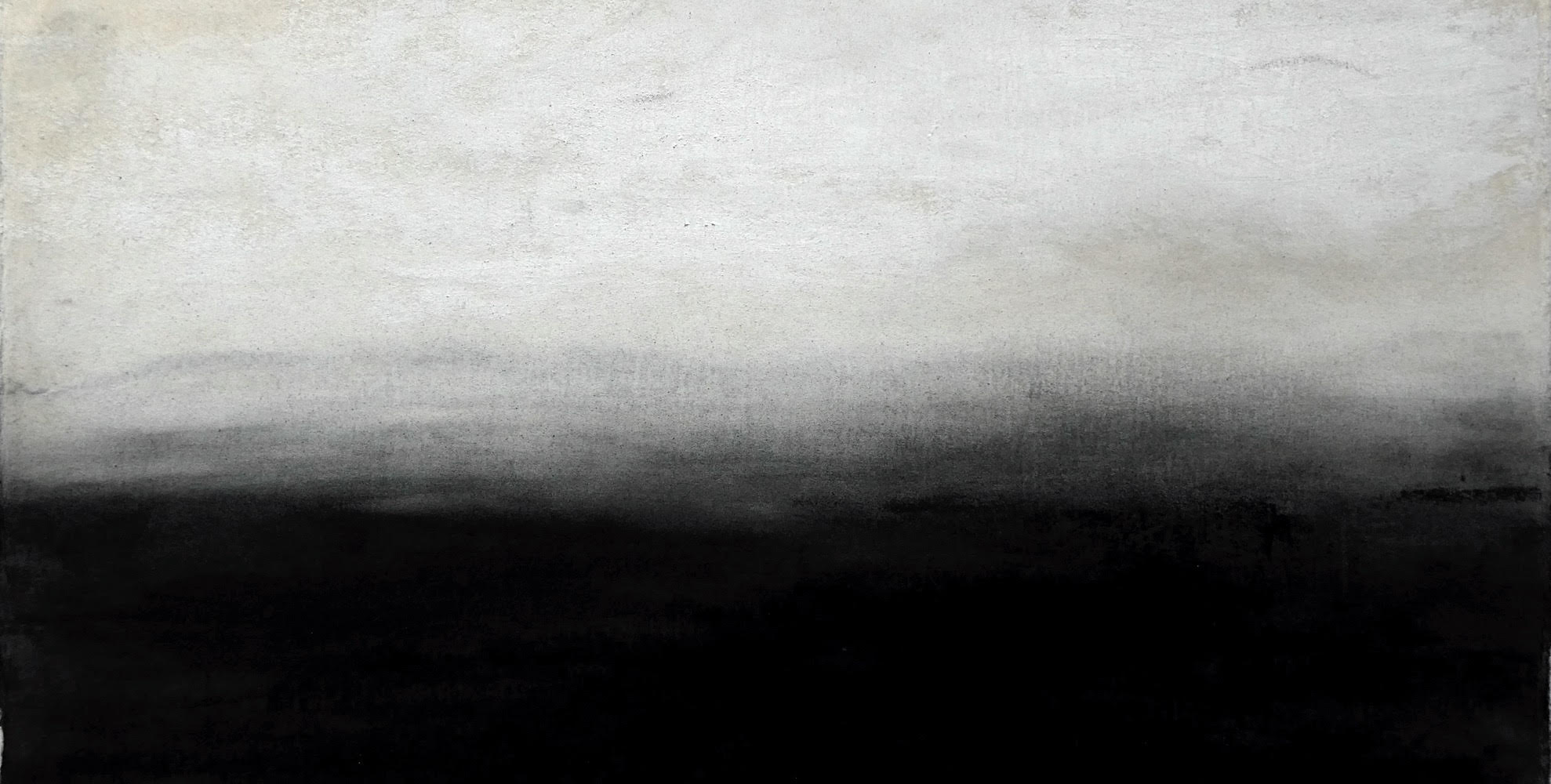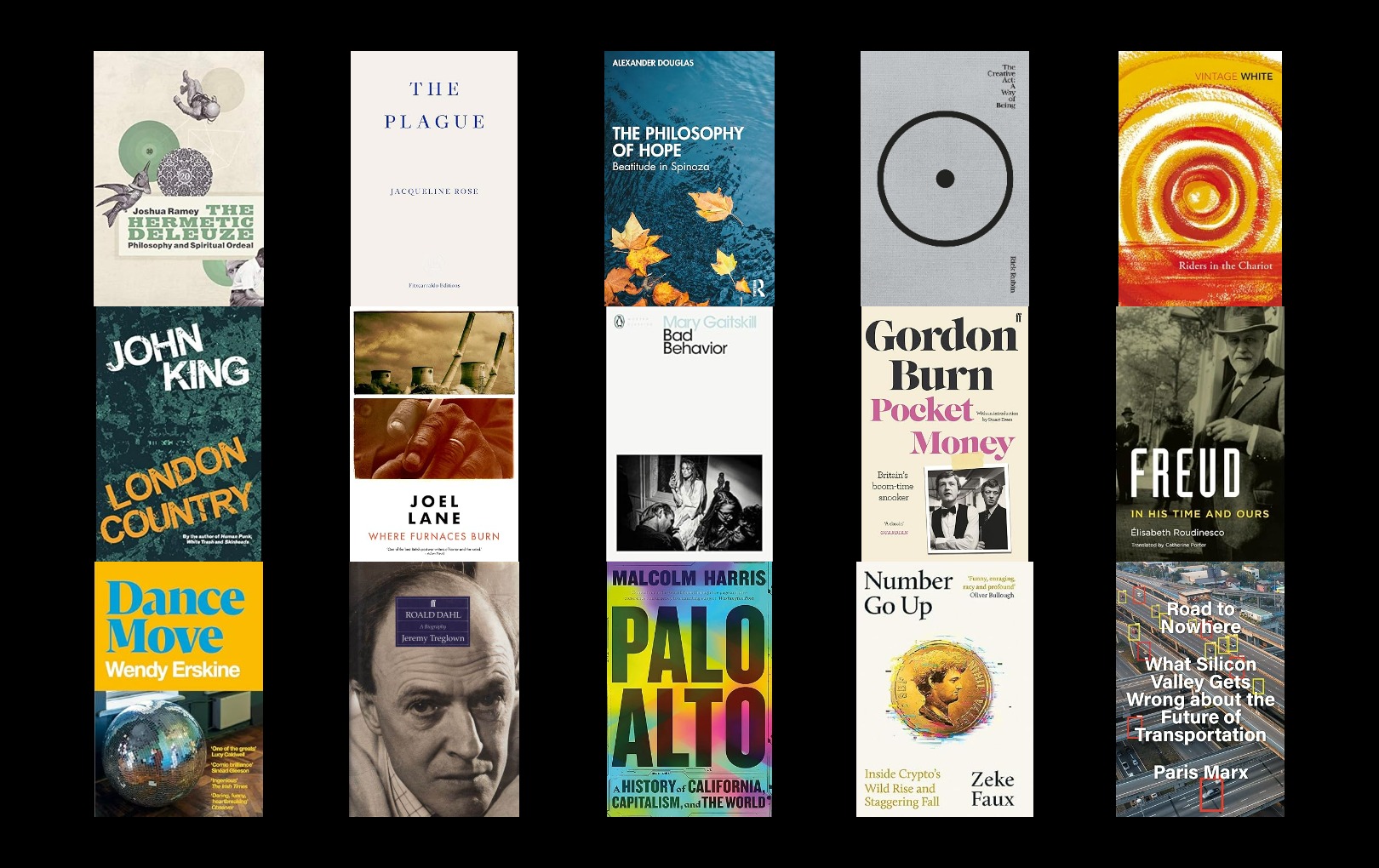
Brad Evans: I Know I Will Never Write a Better Book
If the measure of writing is to get as close as we can to the truth of existence, I know I will never write a
Camden: Last Survivor of a Dead Epoch — Tariq Goddard
I wanted to be a writer at a time when my peer group wanted to rock. Even those who did not wish to be on the cover of the NME wanted to look like whoever was, and would show up in Camden with vague expectations of necking the same swill as Liam or Noel, their numbers increasing as the unlikelihood of it grew; the Gallagher brothers having long gone up to Primrose Hill to quaff the more salubrious stuff.
For those who remained faithful to the dream that was Camden, there was always the early nineties zeitgeist to look back on. A time when grebos, junk shop clothes horses, Adidas cretins and shoegazers colonised The Good Mixer and other ‘drinkers’ pubs, and where elderly Irish bookies sat next to gauche young show-offs out to make the era and boozer their own.
In these days before the great gentrification of London and unaffordable house prices, when the city’s declining population was only just being reversed, it was still possible to take the entertainment industry by surprise. Camden, beyond the market, was not lying in wait for its Dick Whittingtons in the form of walking tours and organic coffee: it had to be taken as it was; a working class area that a pub-based music scene had emerged from, largely by default (and through proximity to the Polytechnic of North London in Kentish Town). For those who disliked their music in poorly ventilated back rooms with carpeted walls there was always this plus; their world was theirs and no one else’s, relying on word of mouth and supported in public only by the then vibrant weekly music press. This ensured relative exclusivity and some halo of cool to an otherwise cut-price and basic state of affairs.
You were either one of the initiated or not, and as most people even in Camden didn’t care one way or other, the initiates had a free hand. With it they were able to pursue a programme of (modest) musical experimentation and to remain one step ahead of the commodification that would eventually kill their way of life.
So those who were about to rock had their Camden and I had mine. Mine ran parallel to theirs and undoubtedly lacked glamour, populated largely by a community that harked back to earlier, less fashionable times, their bands Madness, The Pogues, or whatever happened to be on the radio at the time. Leisure was dominated by doner kebabs and Sky Sports at the Mornington Arms; a pub that even in those days of cultural revisionism could serve no trendy purpose, my Camden overlapping, topographically and psychically with ‘the buzz’, but otherwise indistinguishable from countless less happening areas. If I, in my misbegotten superiority, saw the area as a crossroads in North London, I knew others considered it their first interview with stardom. My affectations were no less severe than theirs, merely tempered by an attachment to the one device that could guarantee my self-respect: the novel that would wash away the sins of being indistinguishable from any other arrogant young poseur.
It was not an era I remember in good weather and rarely in daylight, there were more disappointments than definitive musical experiences (though Pulp in ‘94 and Black Grape in ‘95 at the Town and Country, comparatively late in the day, came close), and where even the smallest band laboured under the hope that they could offer more than they had. Violence too seemed more prevalent then than now, a raw unpredictability hovering over any large gathering of people that appeared to disappear from rock gigs as the nineties wore on and life statements increasingly became fashion ones.
Once it had become the Carnaby Street of the nineties, Camden’s aesthetic, never very visionary, grew ever more self conscious and dated. Like the contrivance that was Britpop, which helped internationalize its notoriety, the area’s contemporary relevance was based on a handful of essential misconceptions. The hippest indie club of the day, Smashing, wasn’t local but run out of a basement on Regent Street, while the cutting edge developments in dance that were occurring in the south and to the east were even further away from the queue’s outside The Underworld and The Palace. Even at its fashionable peak, Camden felt perilously close to the end of something, the end of somewhere.
Yet on its day it was beautiful. Taking a break from Homage to a Firing Squad, written in a formerly liveable house off Parkway, allowed me to use my ‘friends of London Zoo’ pass to wander amongst the animals for free. The elephants were my favourite (one was to trample his keeper to death causing them all to be moved a decade later, their mischief was still restricted to pinching buns when I knew them), and I would observe their habits every lunchtime. These intelligent animals were never scared of establishing eye contact and I shared an empathy with them that I could never find in the music of The Telescopes, Midway Still, Echobelly or Menswear. Watching the grey giants slowly masticate and scatter straw helped inspire a novel set in 1930s Spain, or at least clear the mental space that allowed me to finish it. In truth I was already revisiting my childhood, having gone to the zoo to celebrate every birthday until I was eight. I was also planning my future. As the body count built up in my novel, I imagined my ashes being scattered in the modernist bird aviary, a great and revered writer being laid to rest in the place he loved, the wind blowing my remains down the Union Dock Canal, some finding their way home to Paddington via little Venice, others dispersed into the Thames and from there the oceans of the world. The sky was easier to see in the Zoo, giving me a better sense of Camden as part of the city, and the city as part of an impending but as yet unconquered world. Looking up, I could imagine gazing down and watching the Electric Ballroom, Holloway Road and the Lock vanish, much as a departing soul or a pair of Chagallian lovers might, my life and those of my contemporaries congealing over the chimneys, spires and satellite dishes, trying, however differently, to deserve our lives and to feel our age, still ours, though not, we knew, for very much longer, the city far below us. Then gone for good.

If the measure of writing is to get as close as we can to the truth of existence, I know I will never write a

To accompany his latest piece with Tariq Goddard in The Quietus on True Detective Season 4 and the legacy of In The Dust of This Planet, Eugene

As another turbulent year draws to a close, the Repeater team put forward their favourite reads for the festive season. Publisher, Editor, and Author Tariq

If the measure of writing is to get as close as we can to the truth of existence, I know I will never write a

To accompany his latest piece with Tariq Goddard in The Quietus on True Detective Season 4 and the legacy of In The Dust of This Planet, Eugene

As another turbulent year draws to a close, the Repeater team put forward their favourite reads for the festive season. Publisher, Editor, and Author Tariq
